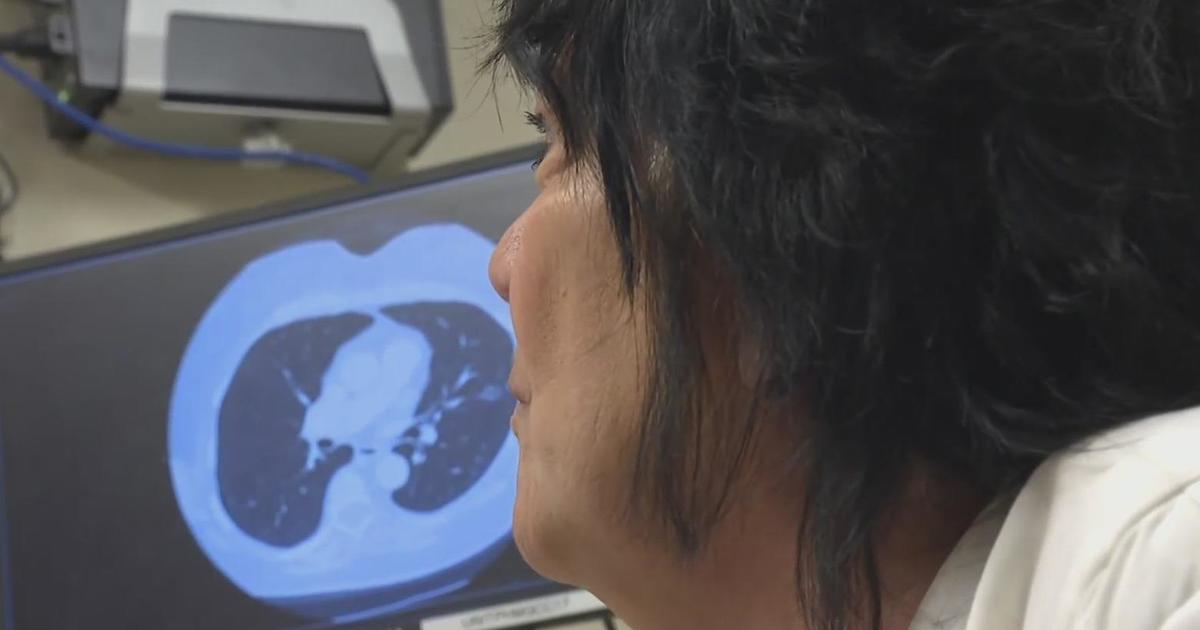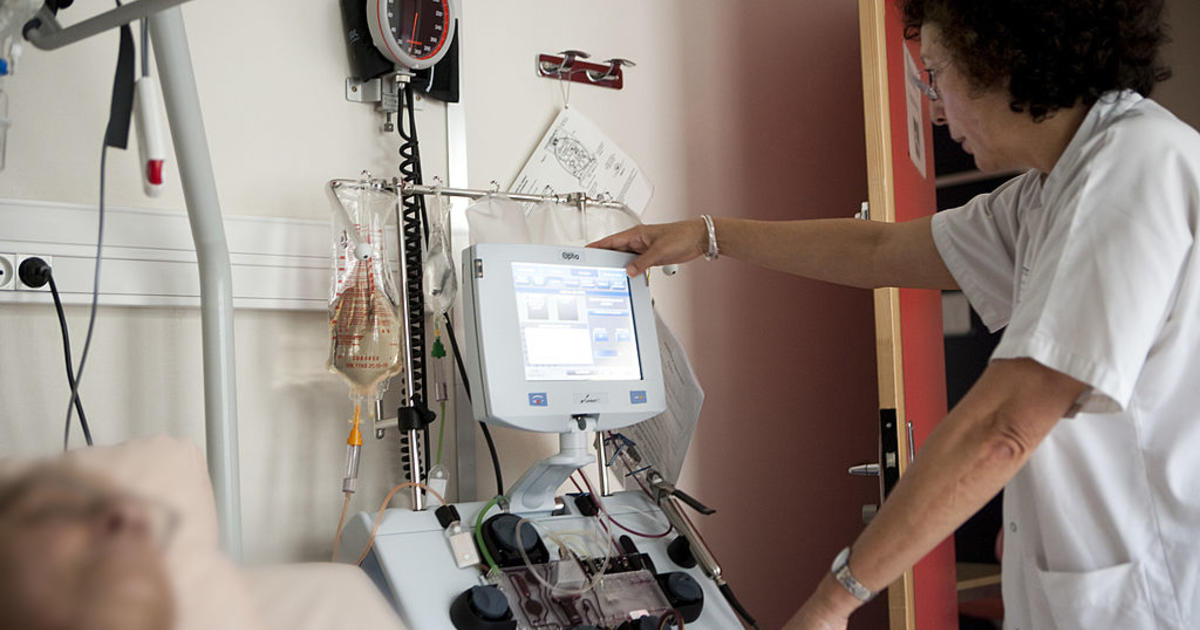New, More Contagious COVID-19 Variant Emerges
PITTSBURGH (KDKA) - A coronavirus variant has emerged. It's called B.1.1.7.
Viruses naturally mutate, or change their genetics, accumulating one or two changes a month. But this one is different.
"It seemingly had over a dozen mutations all at once, and then quickly became the dominant strain in the UK," says Dr. Matthew Moffa, an infectious diseases specialist at the Allegheny Health Network.
These mutations could make the virus stick to cells better and hide from the immune system.
Its quick dominance points to it being more contagious. Also, there are hints people younger than 20 are getting the new variant more easily. And it's possible people can carry more of the virus in their noses.
"A small amount of people seem to spread it the most," Dr. Moffa adds.
People aren't necessarily sicker with it. But because it spreads more efficiently, more people catch it, and that overwhelms the hospitals.
"So if you have the ability to infect more people, even though they're not sicker, just by the pure numbers, you're going to have more sick people, thus, more deaths, more hospitalizations," he explains.
It's in more than 30 countries, and several states.
"These are mostly community cases, people that have no travel to the UK. So what that means is that it's probably much more widespread in the United States," says Dr. Moffa. "The CDC now has a plan to sequence random samples from every state in the United States."
The existing COVID-19 vaccines should still work, though.
"Right now there's no evidence there's been enough mutations on the spike protein to render our mRNA vaccines ineffective," Dr. Moffa says.
Also, current treatments -- such as steroids, Remdesivir and monoclonal antibodies -- all still work. Masks and distancing do too, and become even more important with the variant's contagiousness.



